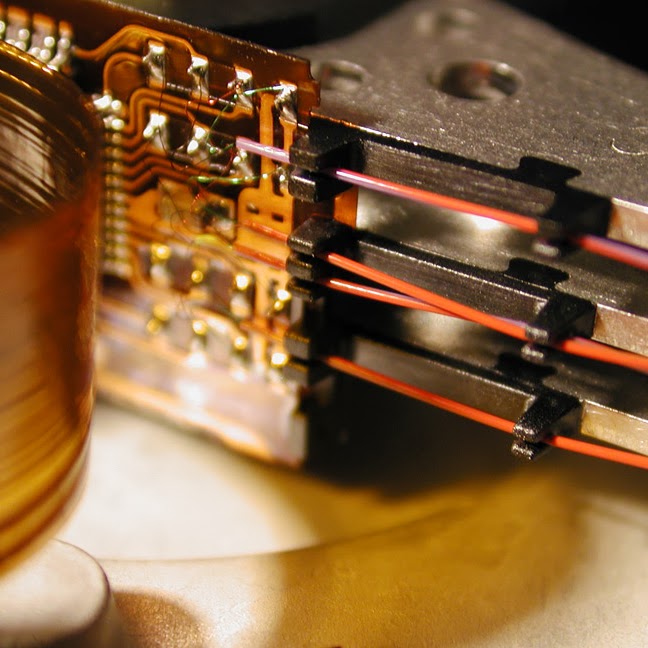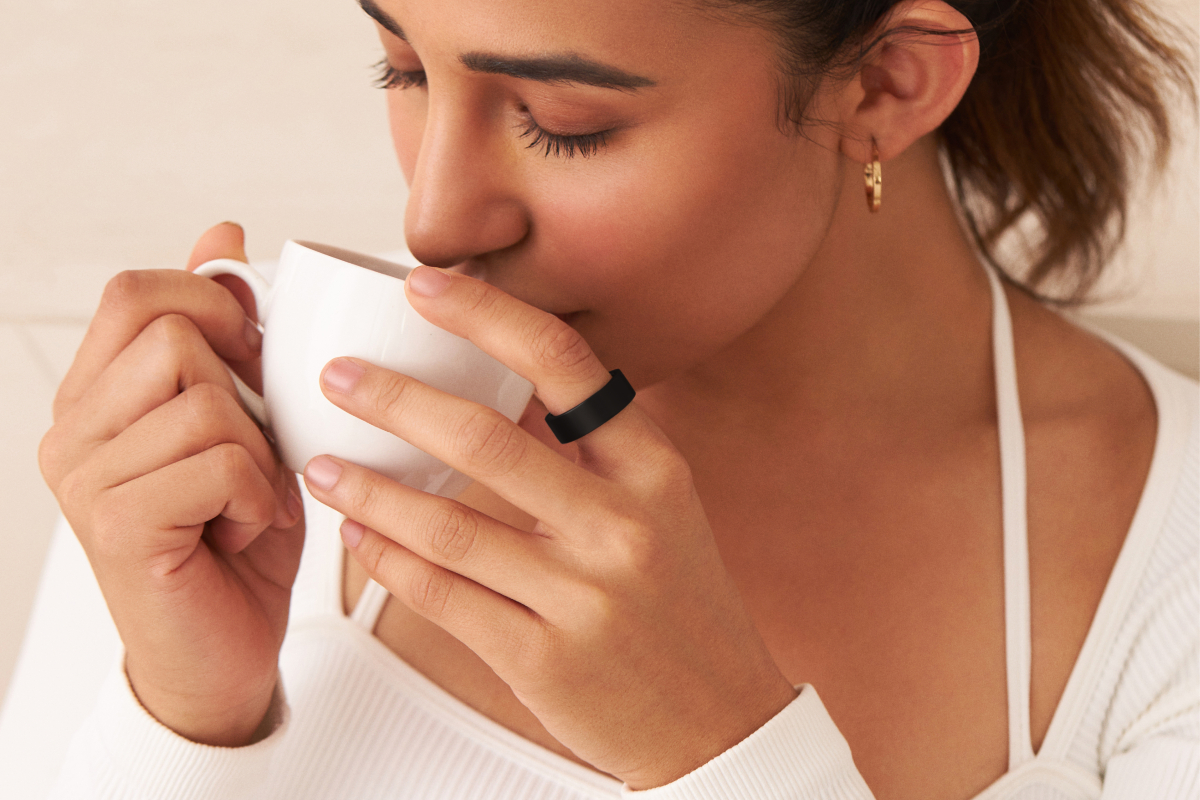Tech giants such as Apple, Samsung and Huawei have long focused on the wrist. It’s not the most comfortable option for everyone, and it can be challenging to maintain precise tracking through the wrist. Ensuring that your smartwatch fits snugly to obtain accurate data is crucial. A smart ring can be the great solution, however, provided you have the right size.
A finger has access to arteries, which a smartwatch could not reach, Mohit Kumar, founder and CEO of Ultrahuman, which counts iSeed, Steadview, Nexus Venture Partners and Blume among its key investors, told TechCrunch.
“If you go to any medical grade pulse oximetry devices, you put it on your finger. You don’t put it on your wrist. That’s primarily because this is a much better source of data,” he said.
Khatri of Noise agreed with Kumar and said the data available through a finger is way higher than a device can get from a smartwatch. Launching smart rings from BoAt and Noise is expected to bring competition to this nascent space.
The products are not yet launched, but the R&D and work commenced over a year back. Another positive sign is that it is unlikely that the data will sit behind a subscription pay wall (as Oura’s latest ring has). I’ve been pretty impressed with my Oura ring, but it was very costly, and they did send me a replacement ring just after the warranty expired as the battery was suddenly giving out. So I may be keen to test one of these new Indian rings out when they are available. So I’ll be watching this space closely.
More competition in the market, especially from India, is going to be good for consumers.



Get a Garmin Fenix if you can afford it. Even a used one like a Fenix 5x would work. They’re bad-ass watches, made to withstand harsh sporting environments, and last about 3-6 weeks between charges depending on the model.